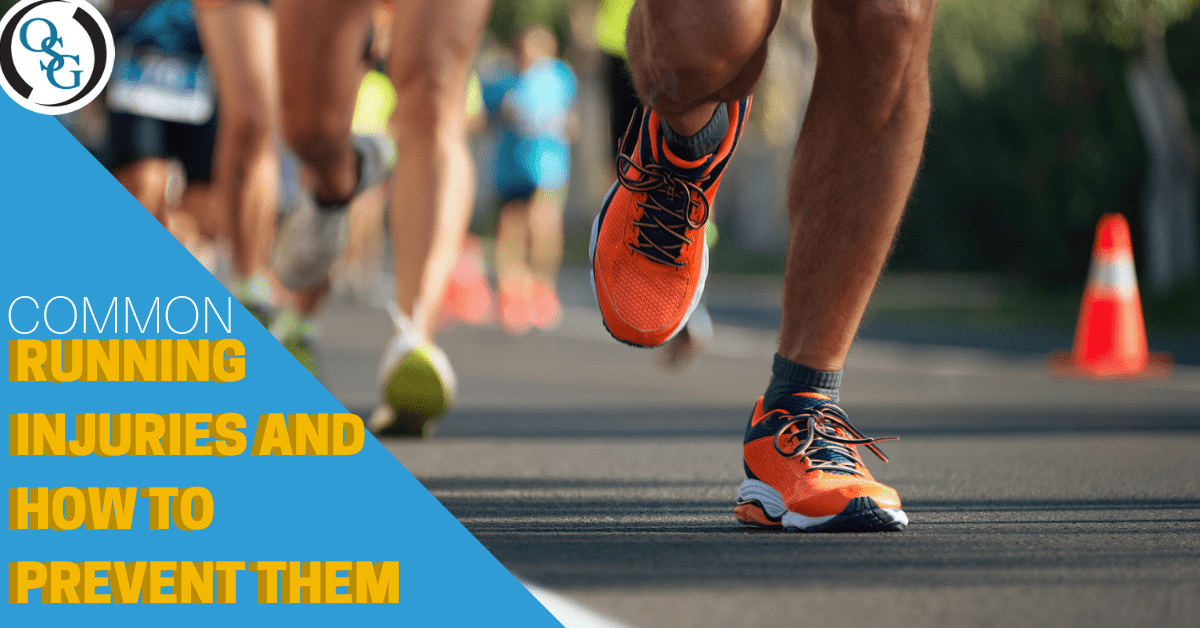
Common Running Injuries and How to Prevent Them
Whether you’re a new runner or a seasoned marathon athlete, you may risk the chance of an injury. It’s important to remember that even a simple injury can worsen quickly if left untreated. To prevent worsening of your condition and watching from the sidelines, follow these tips:
Most Common Running Injuries
Runners Knee
Patellofemoral pain syndrome (PFPS), or runners knee, is an irritation of the soft cartilage on the underside of your knee. While temporary, this injury is one of the most common ones that runners may face.
Shin Splints
Medial tibia stress syndrome, or shin splints, cause consistent, aching pain around the shin bone, which is caused by swelling in the area. New runners are typically more prone to experiencing splints because they may not know their limits as far as speed and intensity, and their shoes may not be fit for distance running.
Stress Fracture
Any bone can be afflicted when we put too much strain on it. Your shins, feet, and particularly your heels are all common areas where runners experience stress fractures. These fractures may cause severe pain and an inability to put excessive weight on the area.
Stress fractures are typically a sign of overtraining and should be taken seriously. Discontinue running and other physical activity until the fracture is healed, which may be about 6-8 weeks.
Pulled Muscle
A pulled muscle or ‘muscle sprain’ can be caused by fatigue, overuse, or improper warmup prior to physical activity. Symptoms may come on suddenly with pain, soreness, spasms, and a limited range of motion.
Ankle Sprain
An ankle sprain occurs when the ligaments that support the movement of the ankle stretch beyond their capacity and tear. You may experience swelling and stiffness accompanied by sharp pain. While it can be mild or severe, it’s important to stop running right away if you have a sprained ankle.
How to Prevent Further Injuries
If you feel soreness, mild aching or pain that arises while running, you may be developing a running injury or making a preexisting one worse. Be cautious when training, and utilize these tips to improve your condition:
Pace Yourself
To avoid injury, it’s important to pace yourself. Training is a long-distance race, not a sprint (even if you are training for sprints!) Following a training plan is a great way to give your body time to adjust to your progress.
Listen to Your Body
Your body will give you plenty of cues about your endurance and progress. It will also tell you if it’s time to rest. Listening to your body’s signals will help to keep you safe.
Leave Time for Recovery
As mentioned above, your body will tell you when to rest. Recovery times may vary, but regardless they are necessary to avoid damage in the future.
Stay Hydrated
Healthy muscles love plenty of water. Be sure to always drink water before, after, and during a workout!
See Your Orthopedic Specialist
If you have a running injury or are concerned you may be developing one, see your orthopedic right away. Contact our sports injury specialists at Orthopaedic Speciality Group today to set up an appointment! (203) 337-2600
